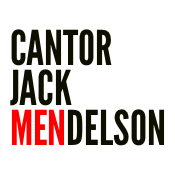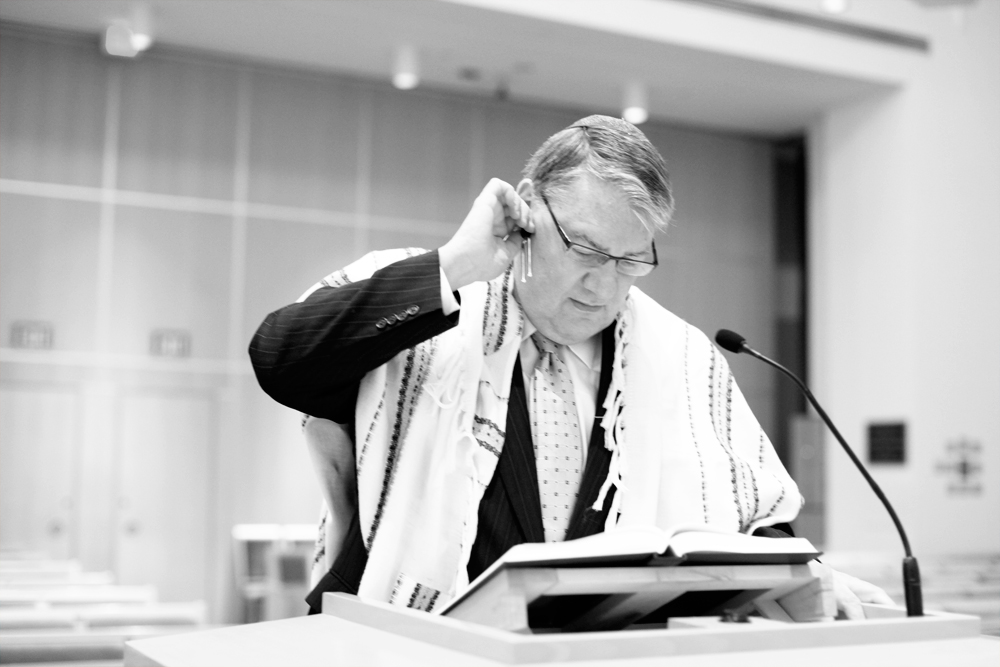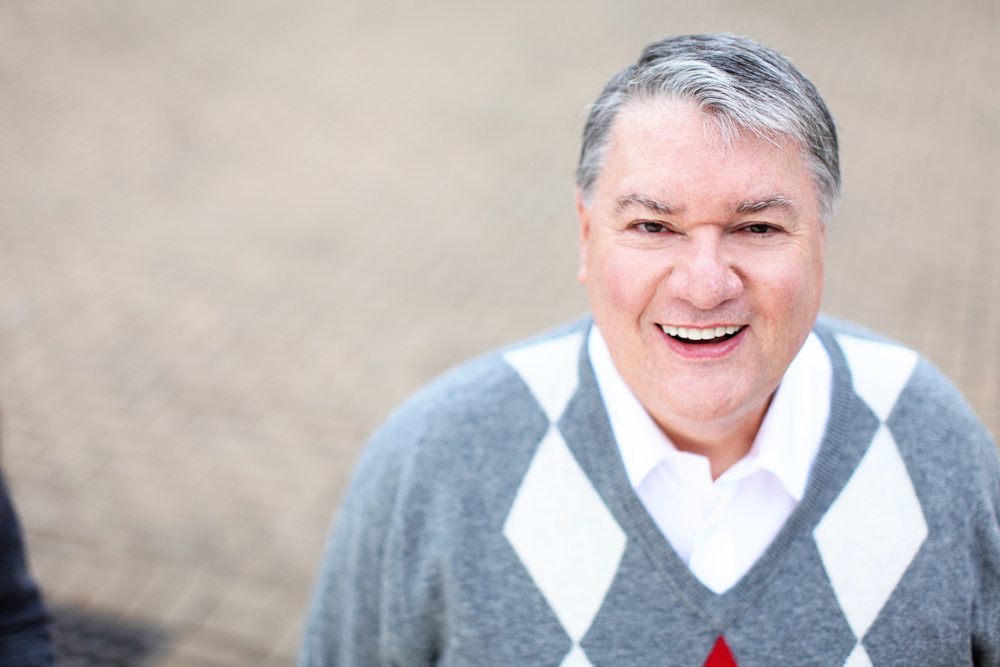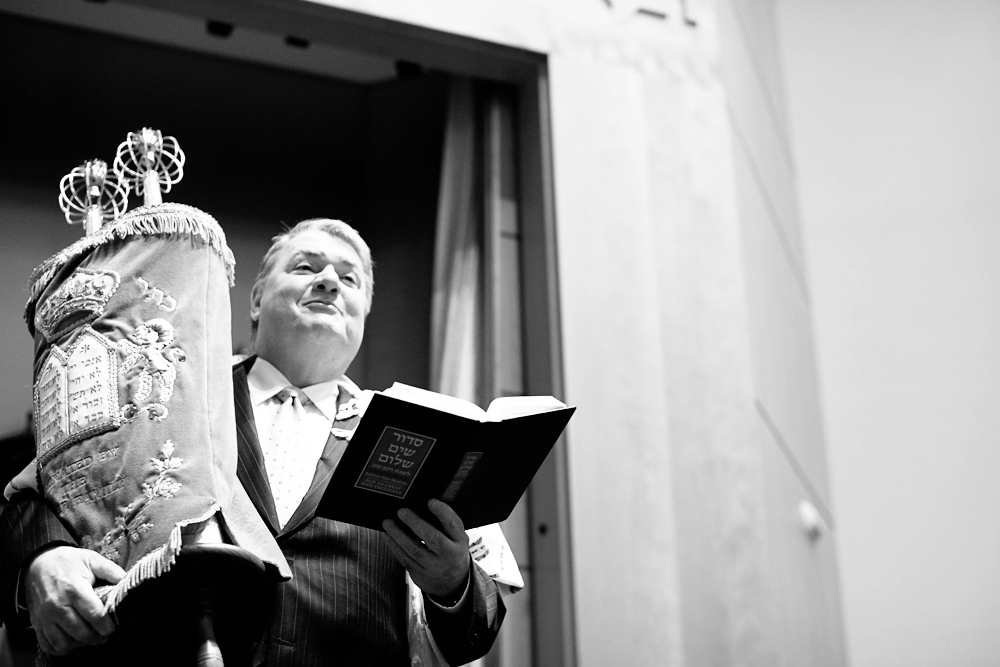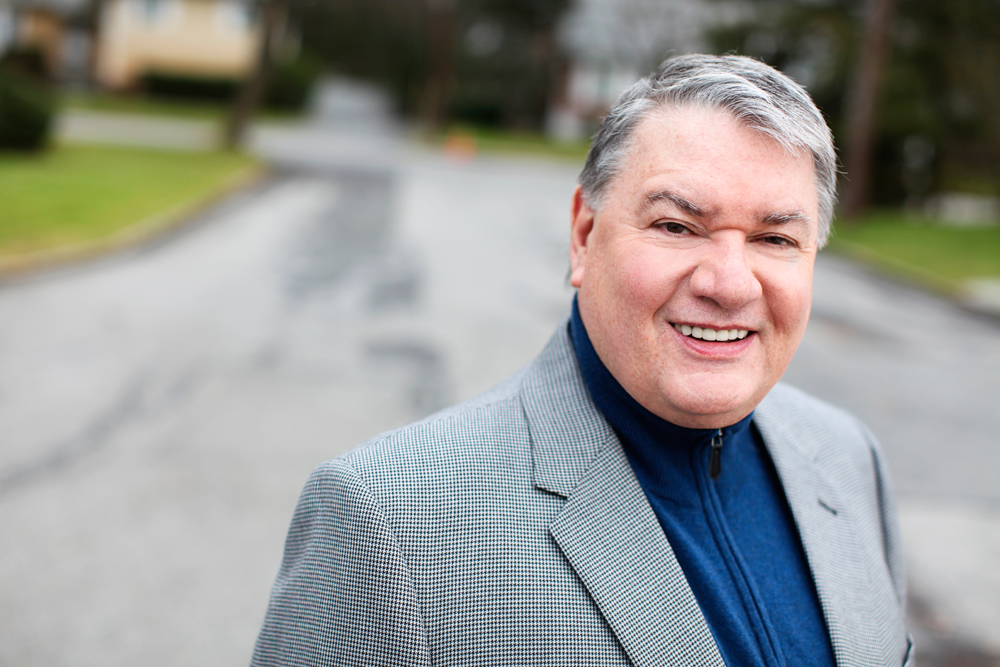I Have a Dream: The Art of the Commission
On August 28th 1963 at the Lincoln Memorial in Washington DC, Martin Luther King delivered the speech that will forever resonate in the American consciousness. Among the millions listening that day was Solomon Mendelson, Cantor of Beth Sholom of Long Beach and Lido. As time past, Sol read and reread the great Sermon. The content stirred him as it did everyone—but it was the lyricism of the words, the musicality in the voice of the great man that piqued his imagination.
This must be set to music.
The wheels were turning in Sol’s head.
A commission was in order.
Over the years, Sol had established himself as the poster boy for American Cantors commissioning new music, assuming that mantle after Hazzan David Putterman’s retirement from the Park Avenue Synagogue.
To name a few of Sol’s commissioned works, there was:
- Dialogue with Destiny, A Time For Freedom (The Sharansky Trial), I Never Saw Another Butterfly, all by Charles Davidson, libretto’s by Samuel Rosenbaum
- Ever Since Babylon (500th anniversary of expulsion from Spain) Stars in the Dust (50th anniversary of kristallnacht) by Samuel Adler, Libretto Sam Rosenbaum
- Light From the Hearts Dark Places, by Michael Isaacson, libretto Sam Rosenbaum.
- Chemdat Shabbat, Kochvei Boker, From Eve to Golda and Beyond. by Max Wohlberg
- Jerusalem, City of Vision and Prayer by Nathan Mendelson.
Each one of these commissions, and many more, garnered gold Solomon Schechter Awards from a United Synagogue in its heyday.
Back to I have a Dream.
Who to choose as the composer?
After a good deal of thought he picked the great American composer Ellie Siegmeister, 10 years composer-in-residence at Hoftsra University, who fostered an American musical idiom from folk songs, and composed settings of texts by American poets from Whitman to Faulkner.
Next, he needed permission from Dr King to begin. Sol approached his teacher Rabbi Abraham Joshua Heschel, and asked if he would speak to Dr King. Heschel gently told Sol that while he, King needed Heschel for civil rights, Heschel needed King for Soviet Jewry. So he recommended Sol to other approaches. So, through the good offices of Clarence B. Jones, attorney, confidant and speechwriter for Dr King, permission was granted. Mr. and Mrs. Charles and Ceil Avnet, devoted friends to Sol, and shul members happily agreed to fund the project.
Sol spent time with Seigmeister at the composer’s request, tutoring him on the Jewish Prayer Modes and Trope, the fruits of that labor can be heard clearly in the finished product. The piece was written for Baritone Solo, large choir, and Narrator with piano accompaniment and optional instruments. Sol himself was the soloist. Great African American actor and bass William Warfield was the narrator, Sol’s RONIM chorus augmented with pros, and a very fine choir from a Baptist church in Brooklyn sang the choral parts. Beth Sholom’s Ronim provided home hospitality to the Baptist choir, resulting in many life long relationships between families.
Senator Jacob Javits agreed to be honorary chair of the event, and the honorary committe read like a “who’s who” of American cultural intelligencer, from Leonard Bernstein, to Jackie Robinson. All there because of Sol’s persistence.
At the premiere, were actors Ruby Dee and Ossie Davis who spoke, Heschel, CA president Saul Meisels, Sam Rosenbaum, Abraham Shapiro, Morton Shames, Kivvie Kaplan, Jewish Philanthropist and president of the NAACP, Hugo Weisgall sitting with the composer,Richard Botton representing the ACC, and the list goes on.
Oh, by the way, Sol sang beautifully that night, earning kudos from Seigmeister.
I sat there in awe of my big brother…
Postscript
My beloved brother Solomon passed away Tuesday at 1 am. He provided me with the background information on this article. I spoke to him Monday at4pm to tell him I was finishing up. He expressed his joy, we each said “I love you”, and hung up the phone…
